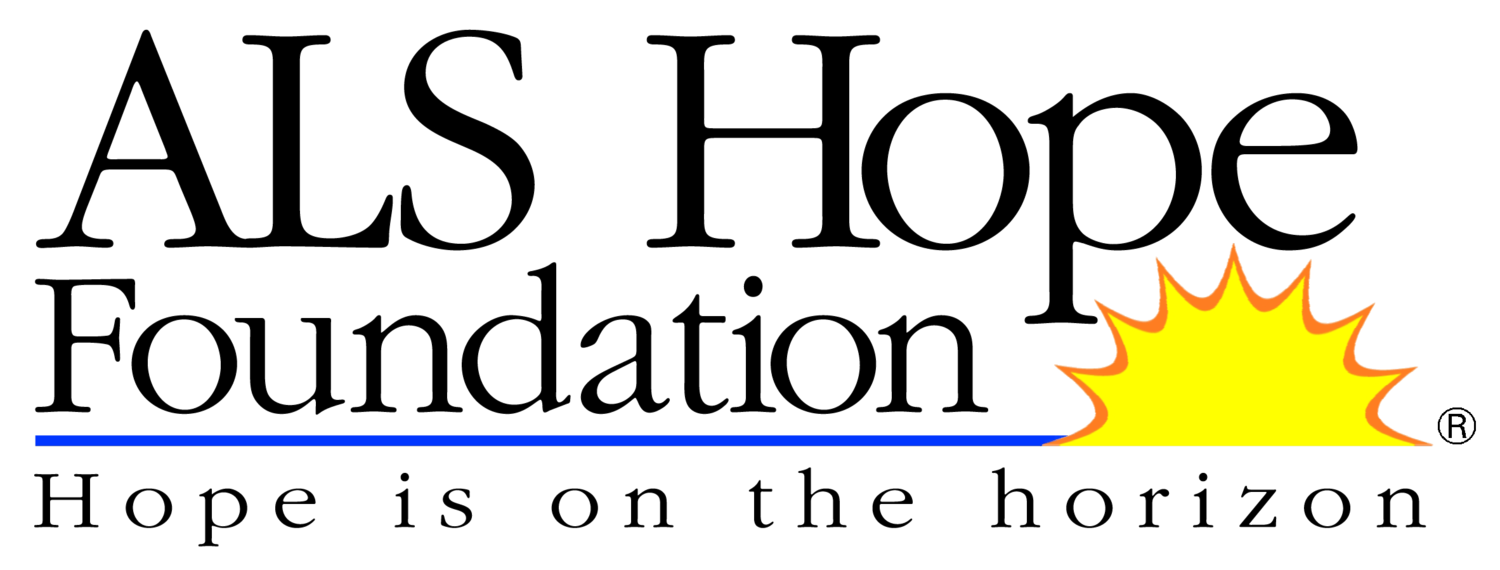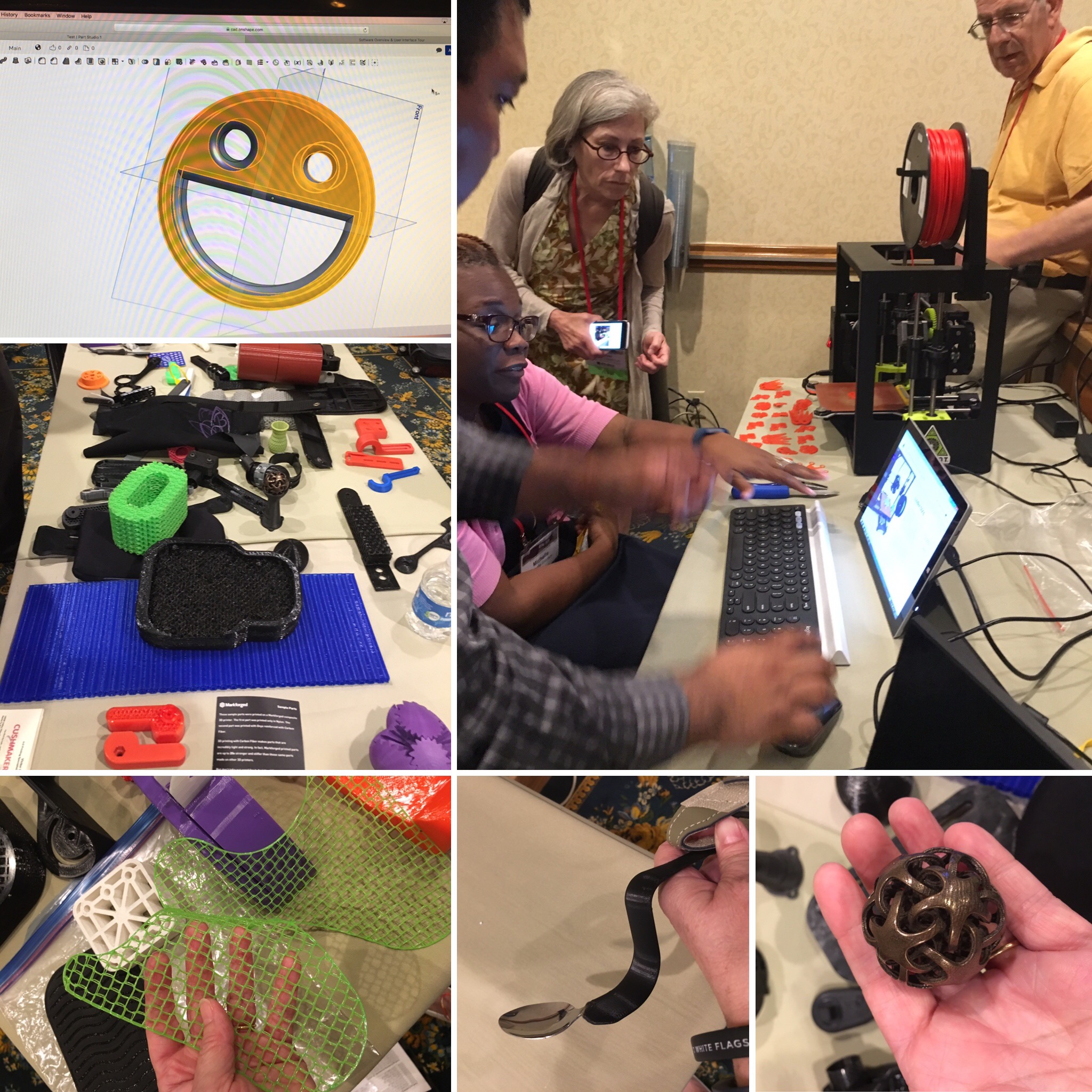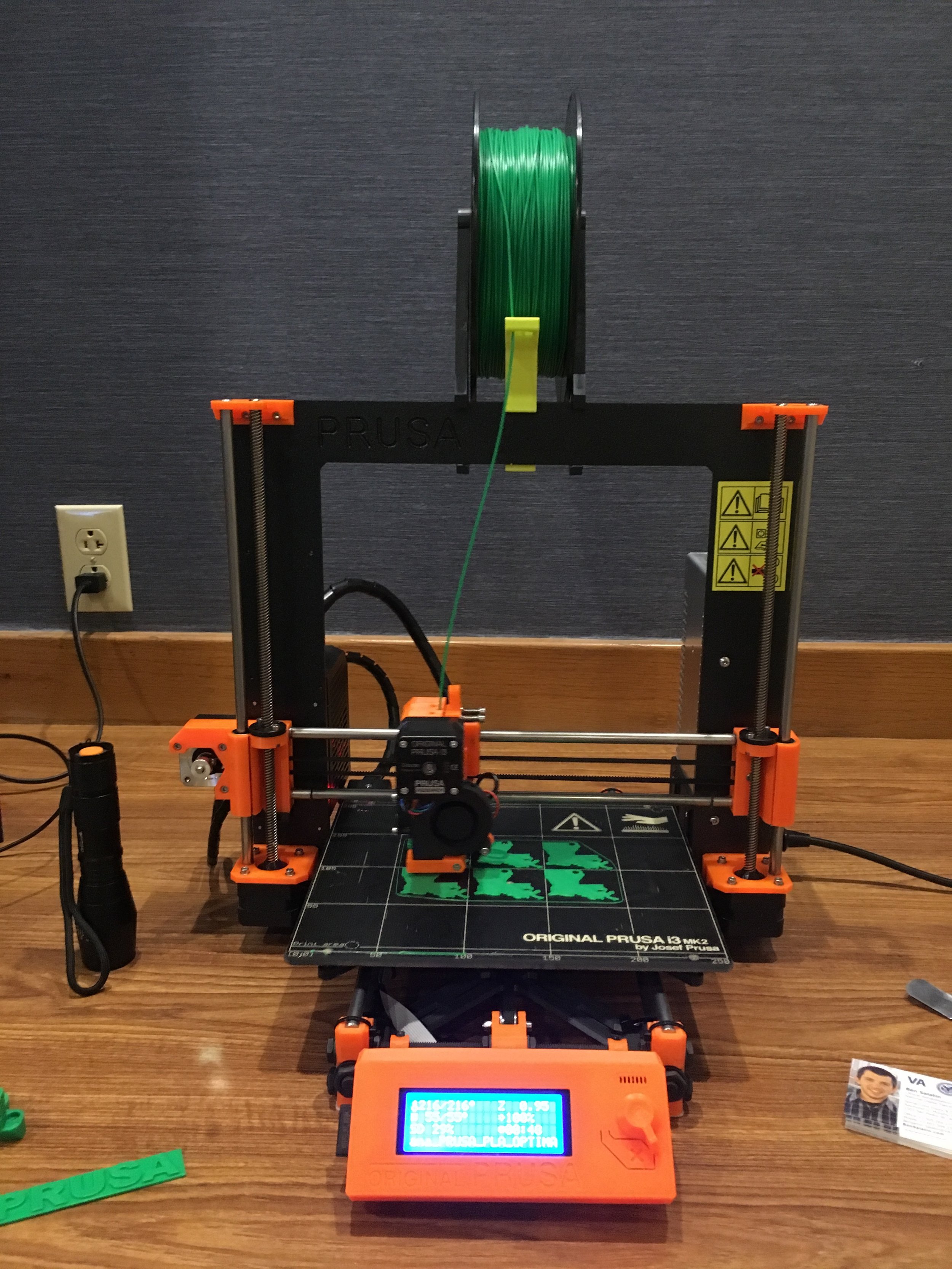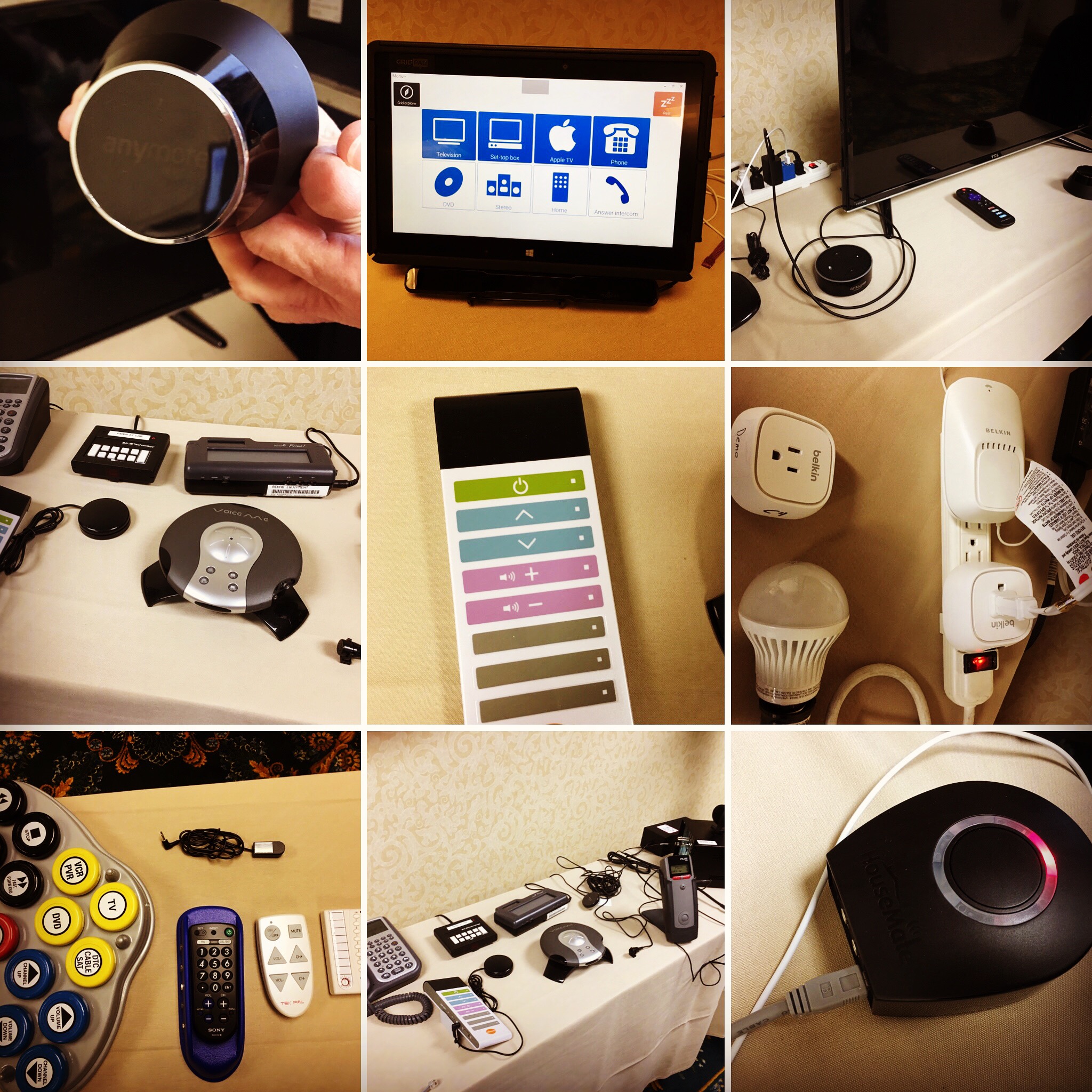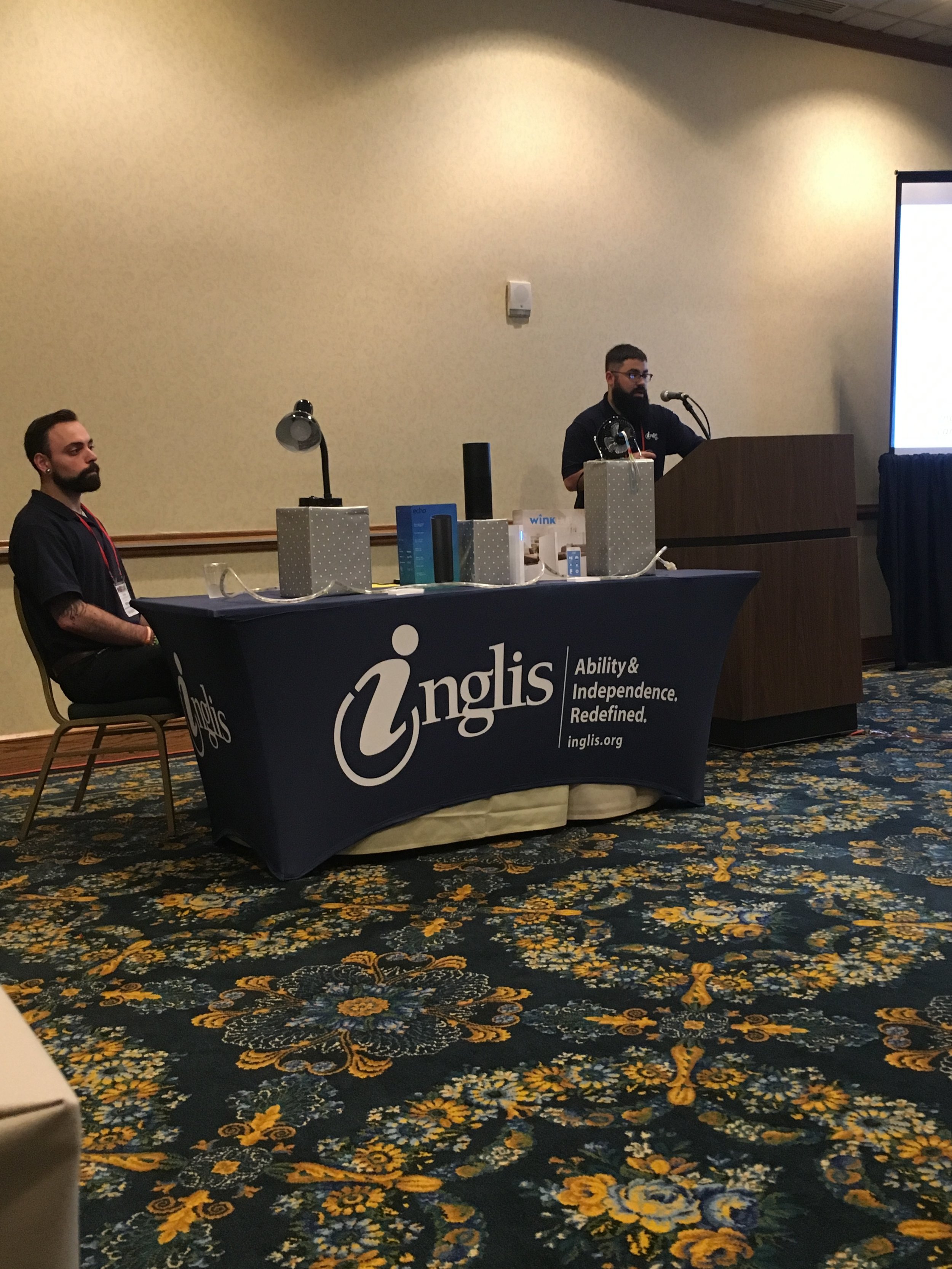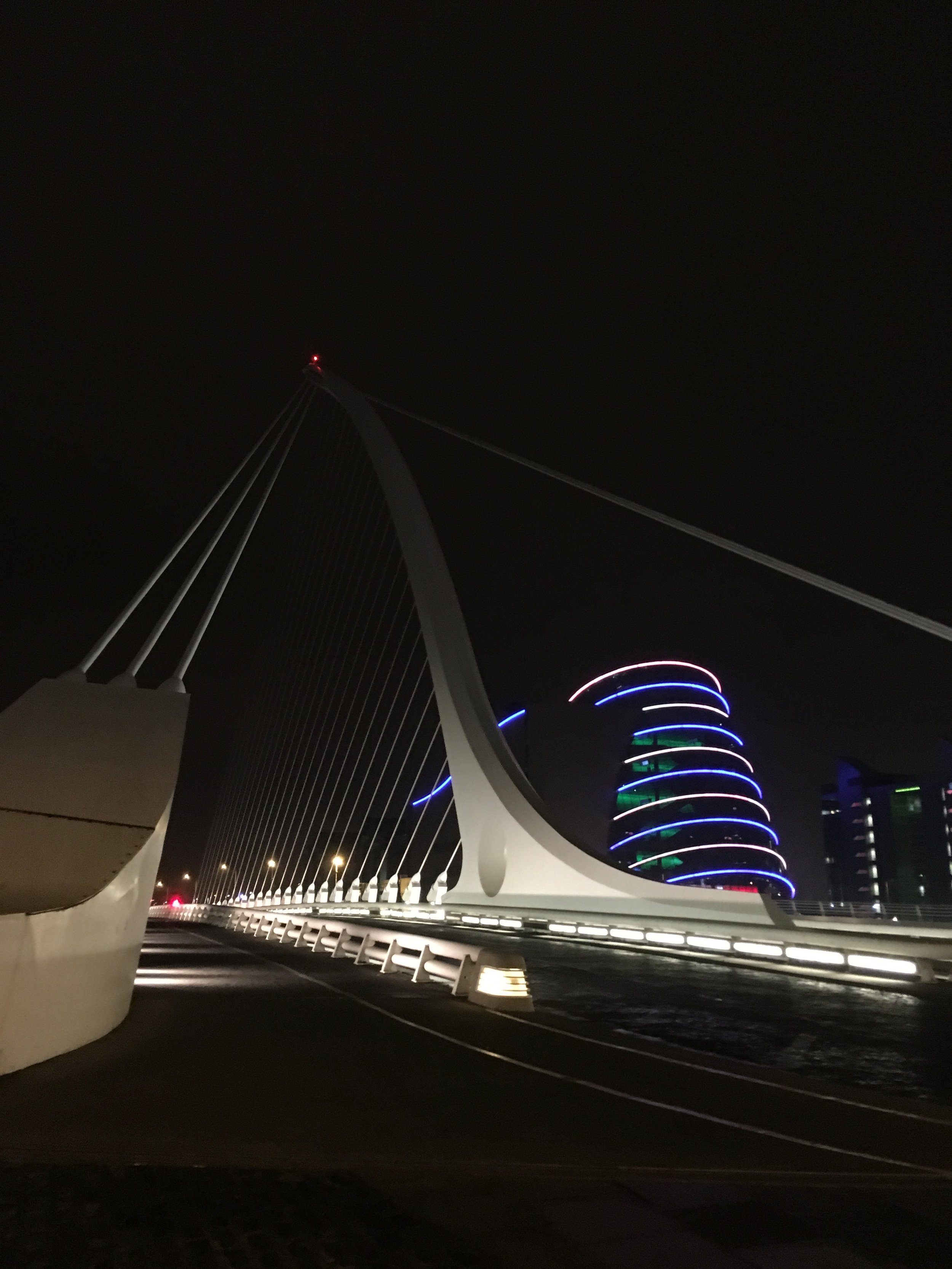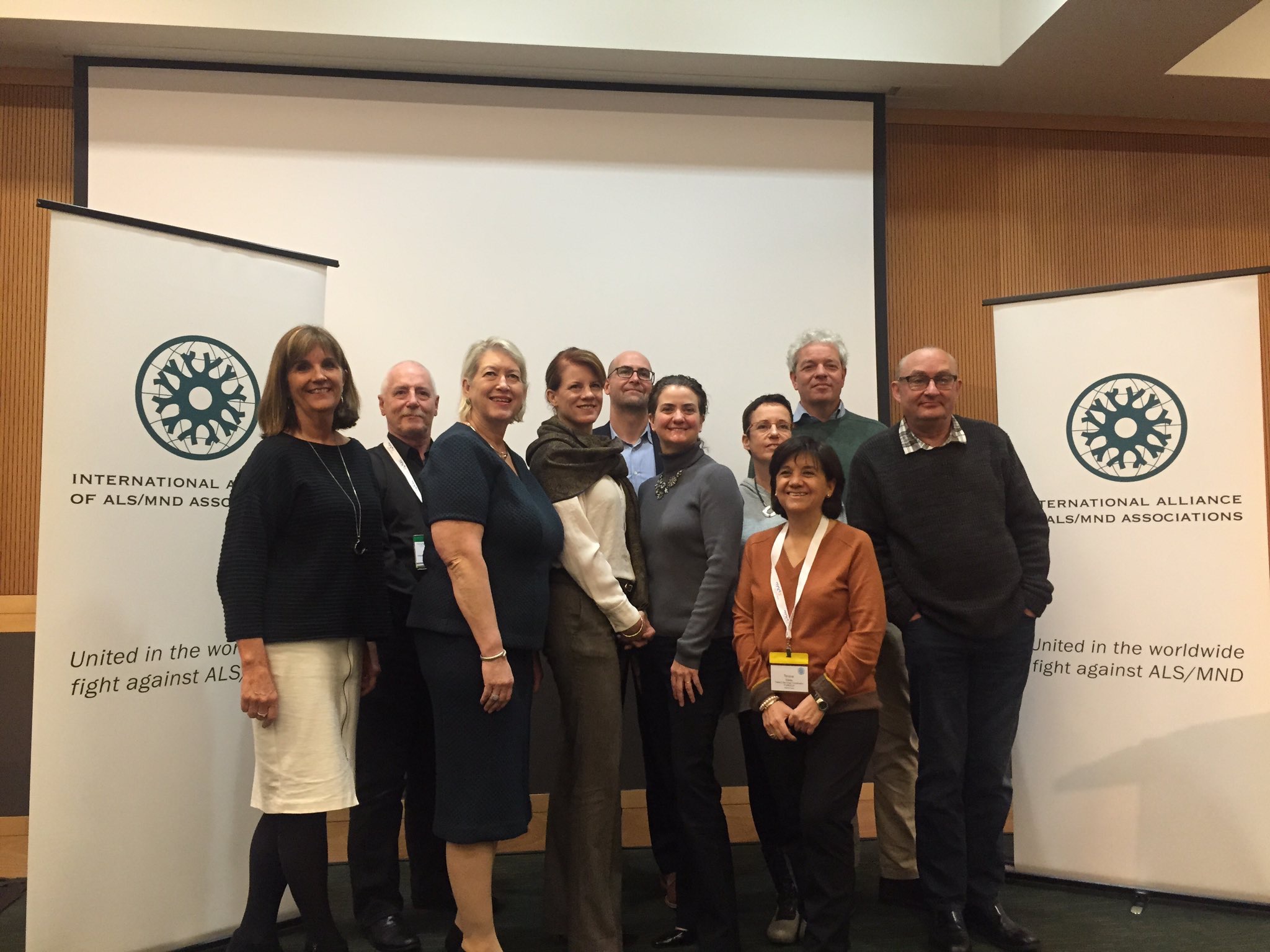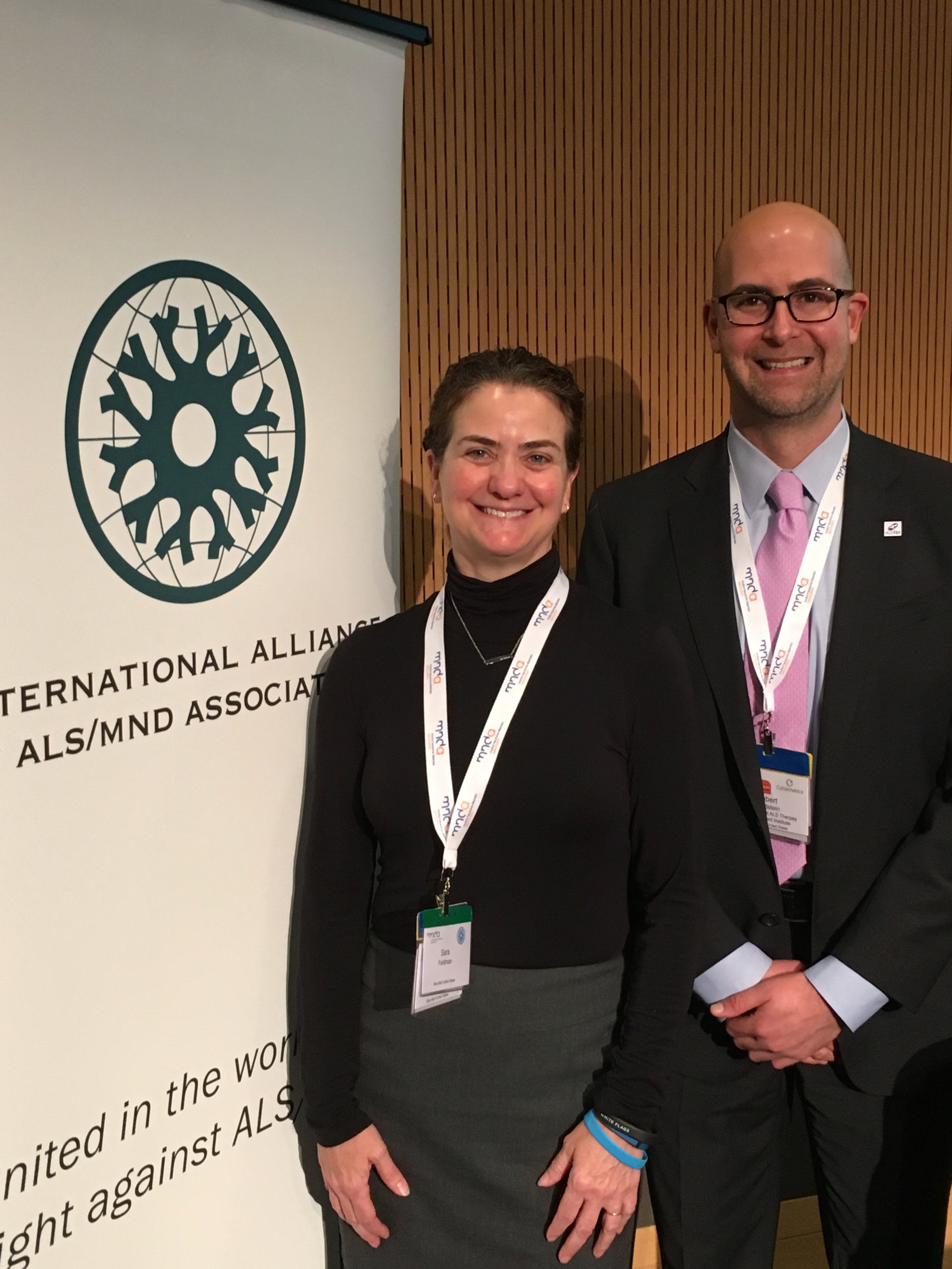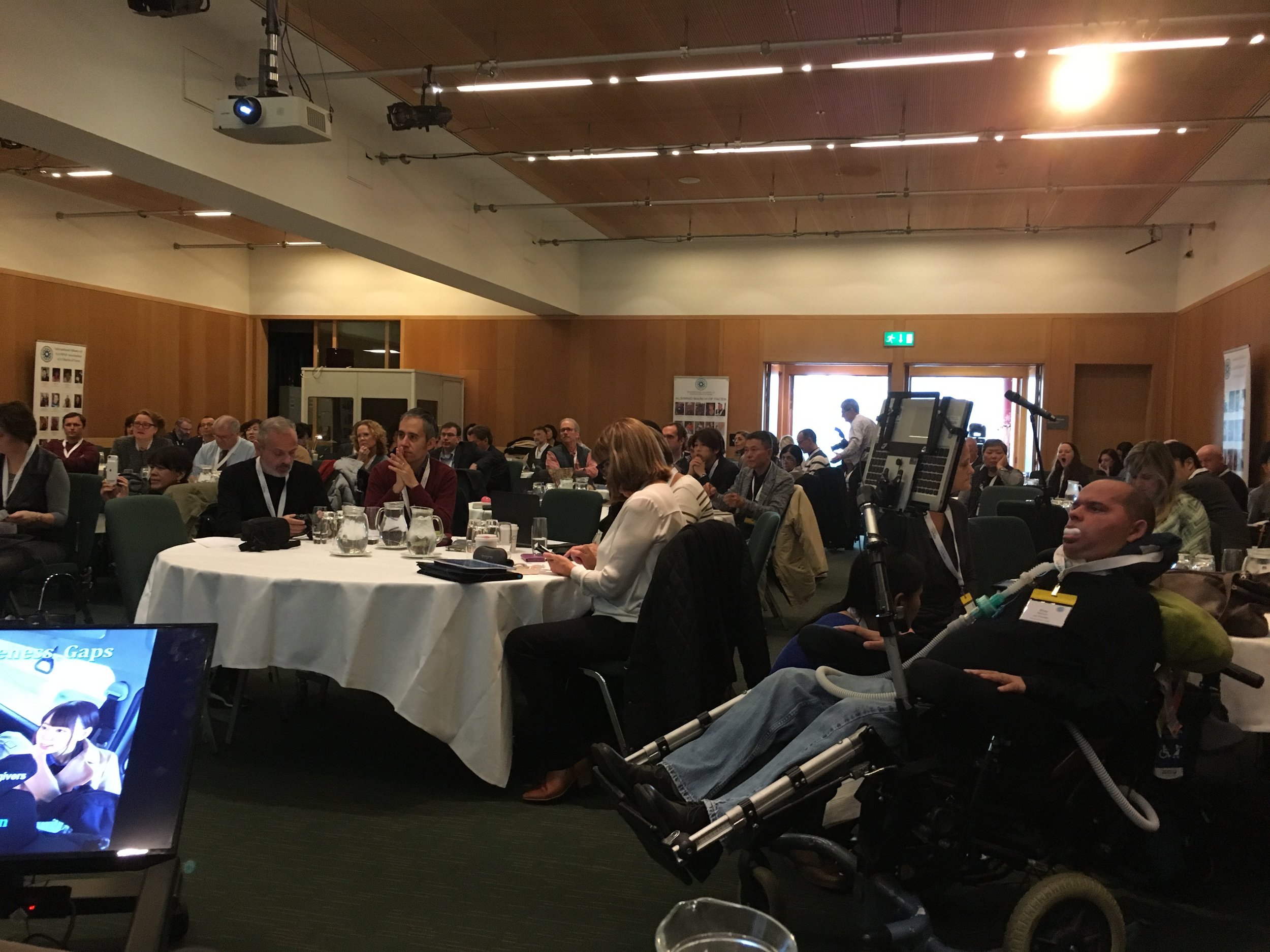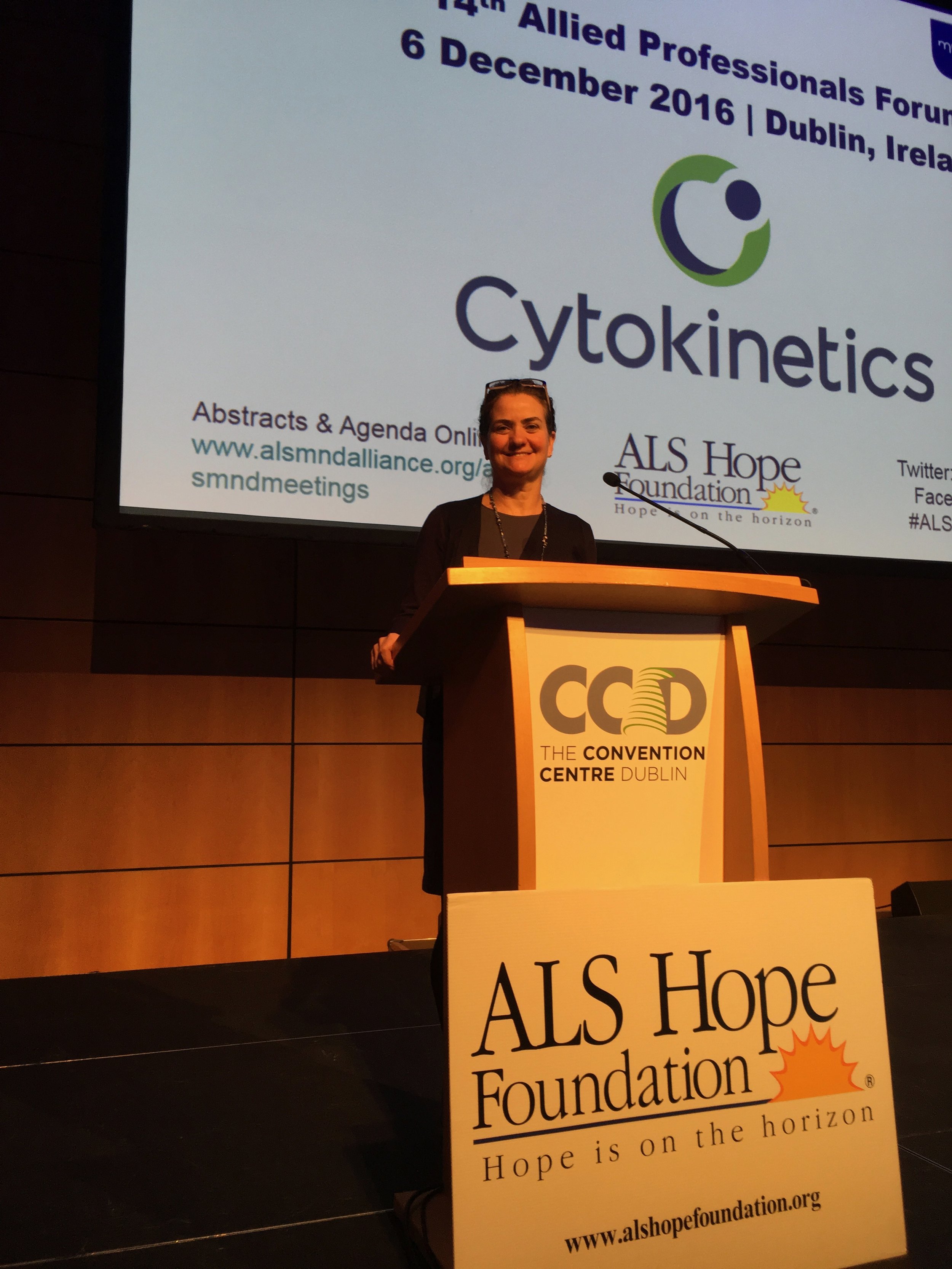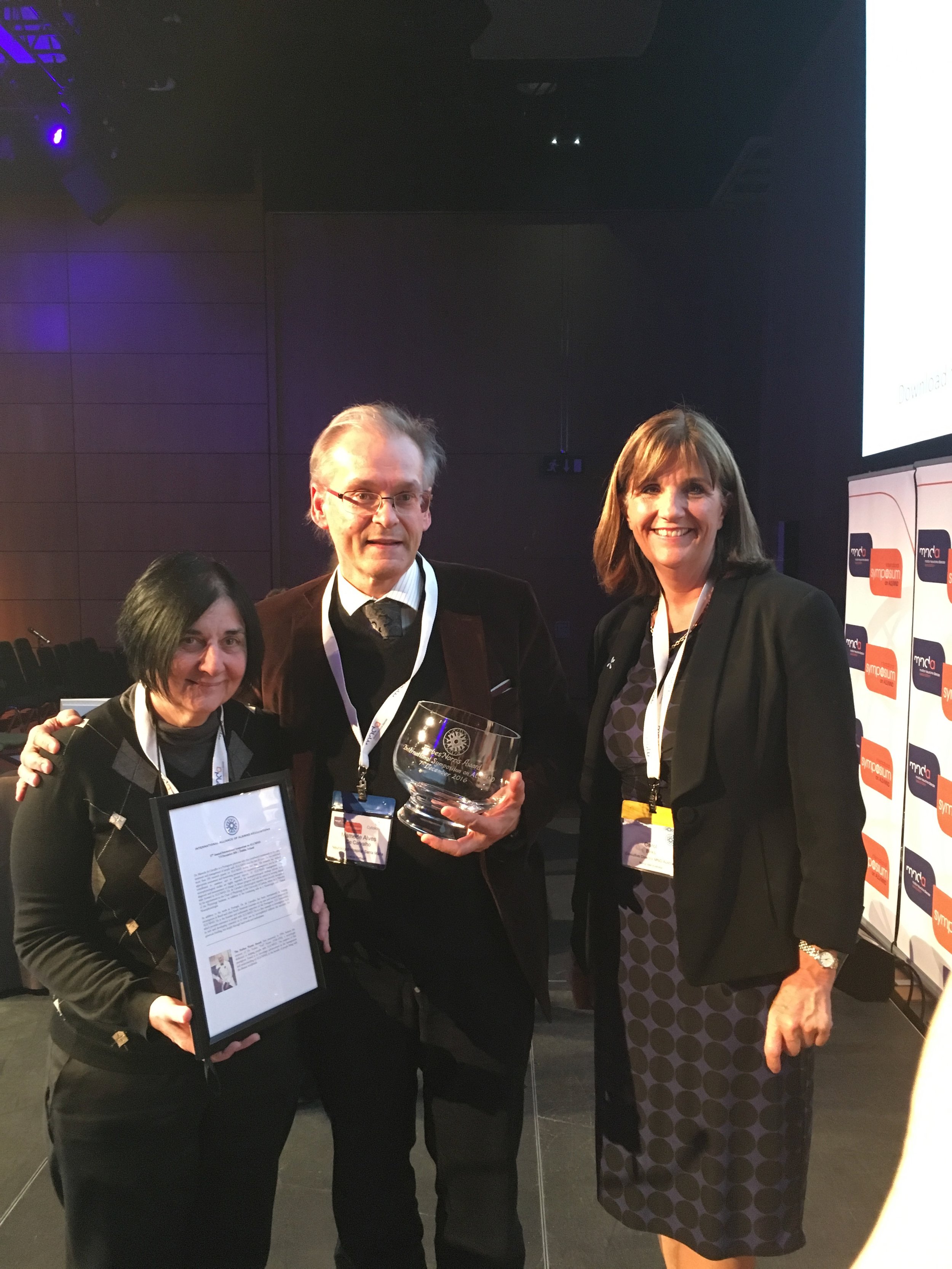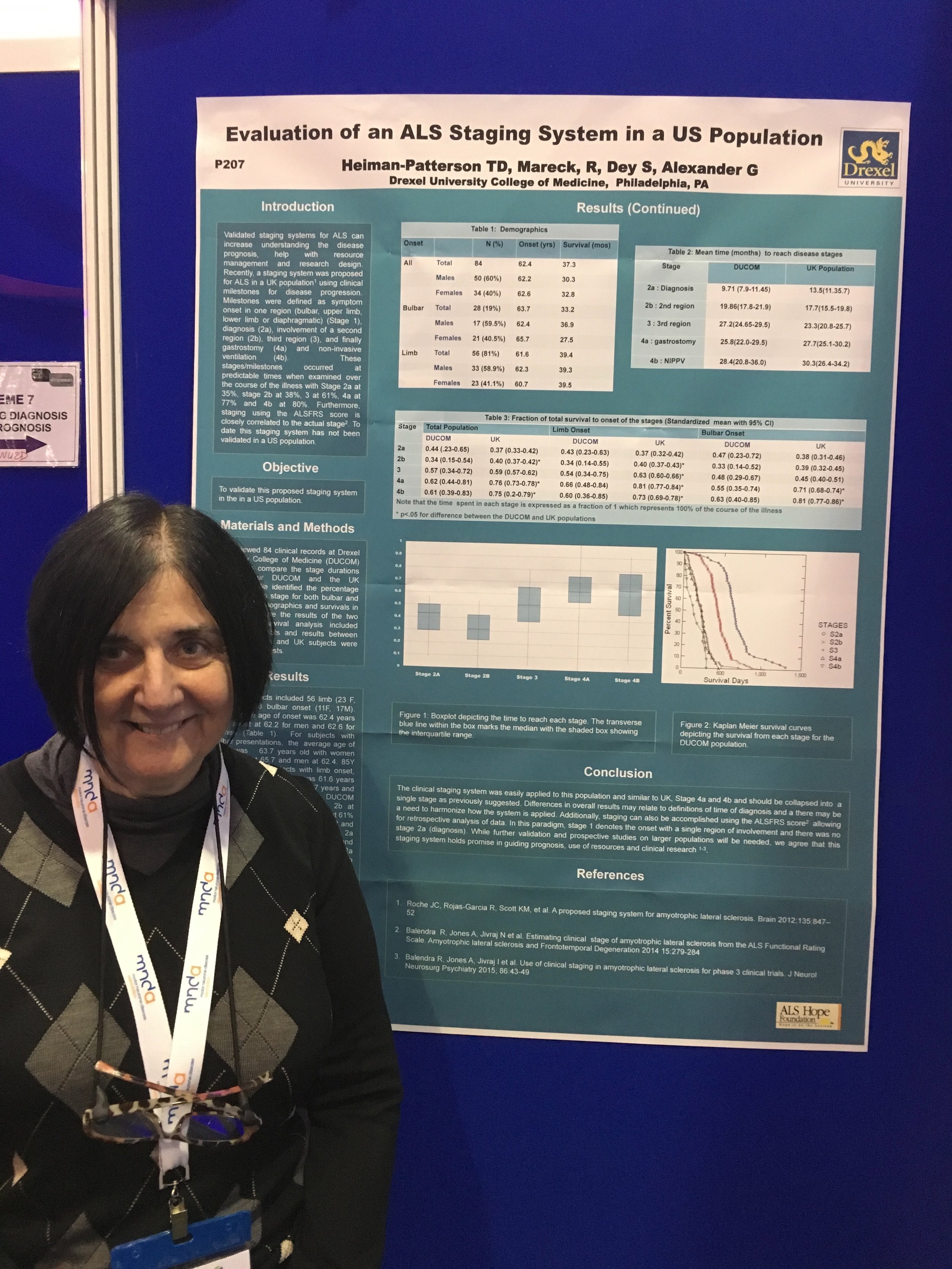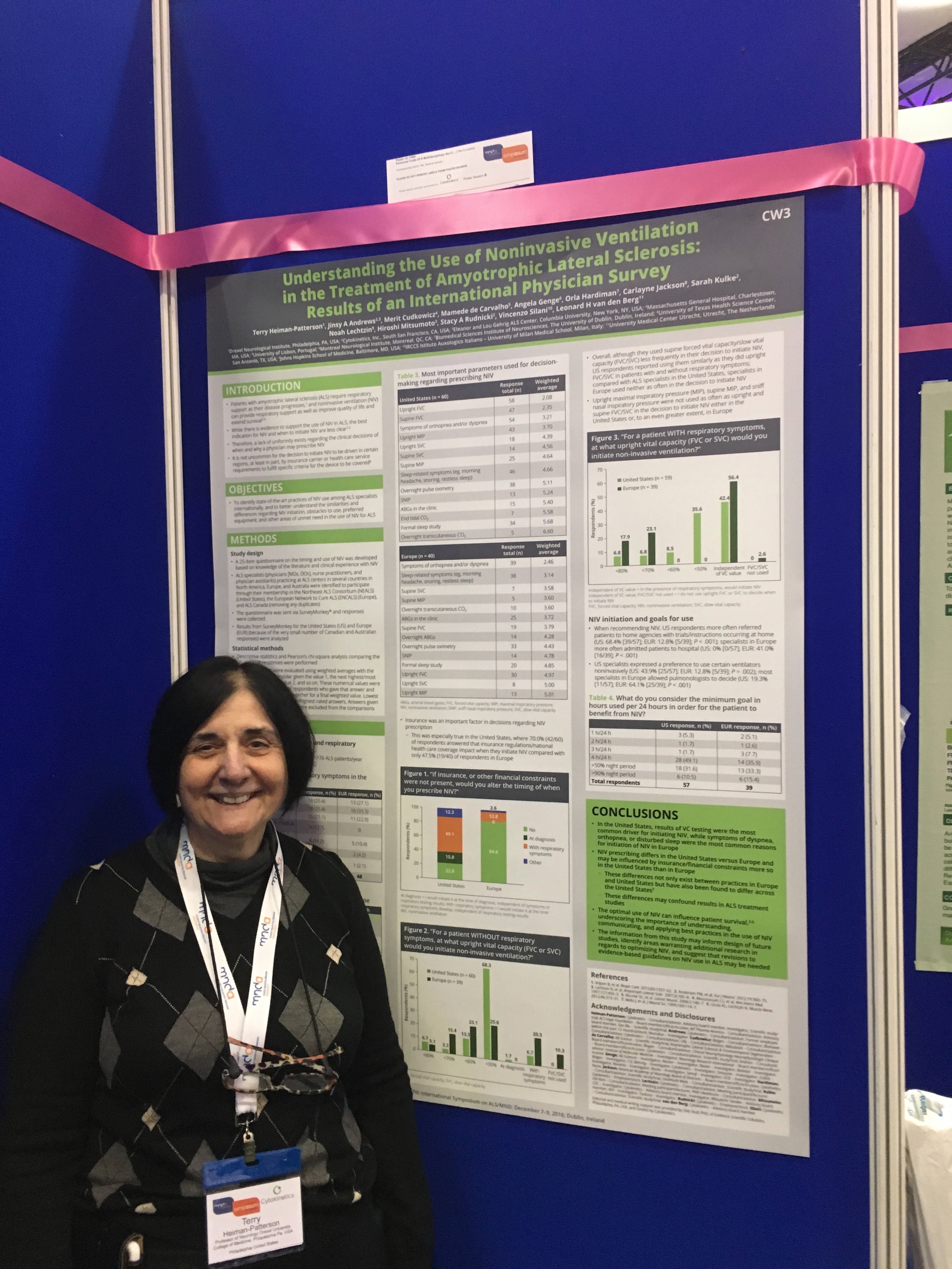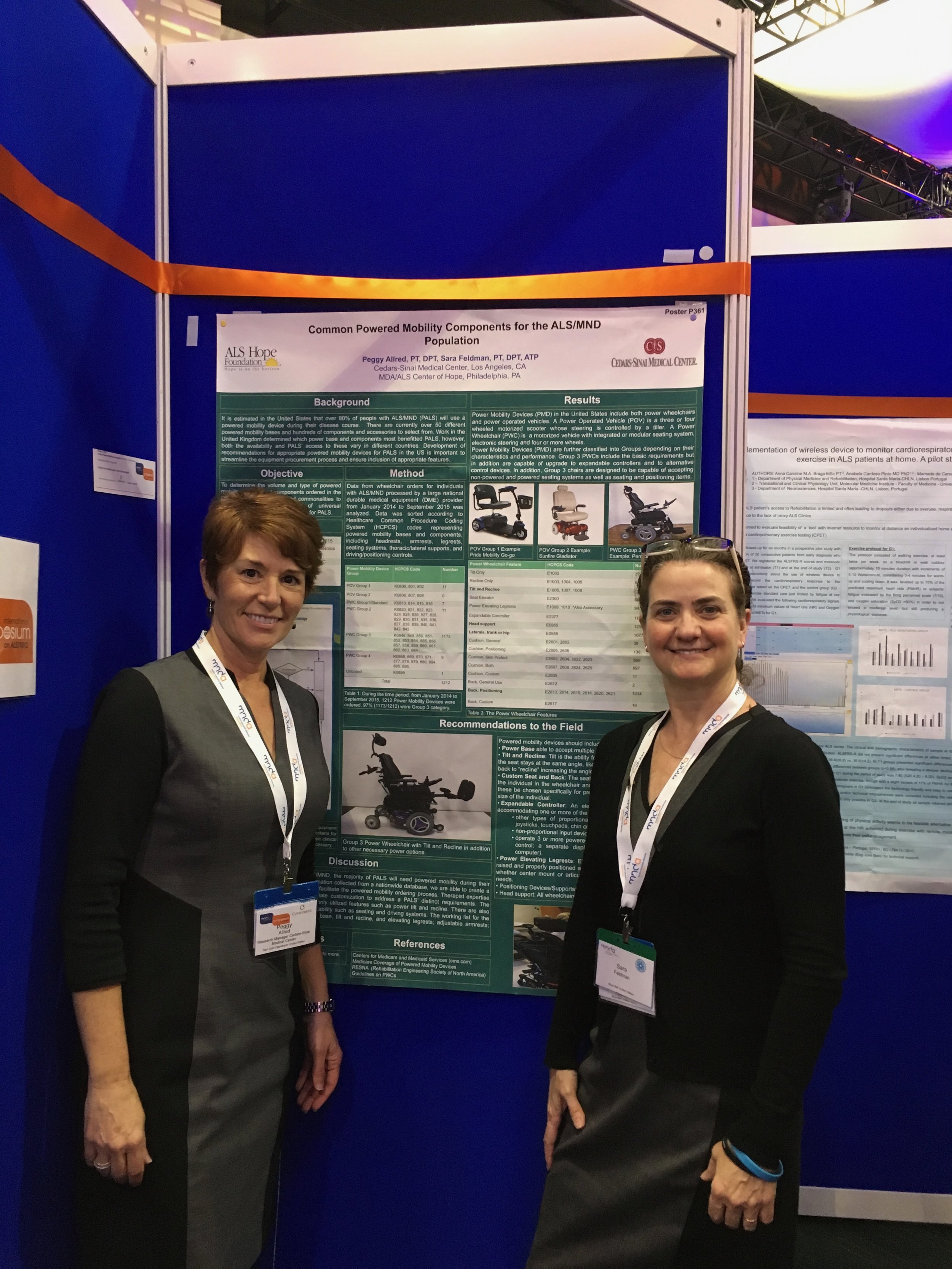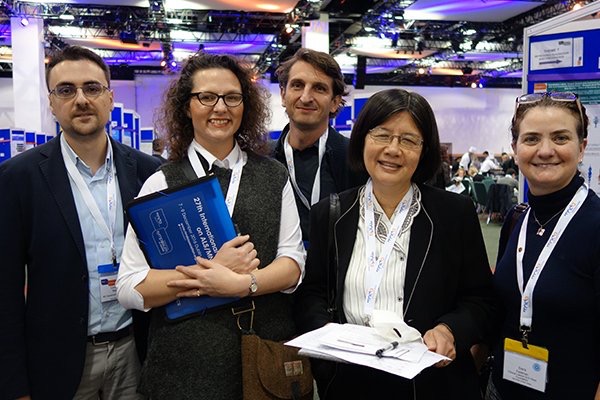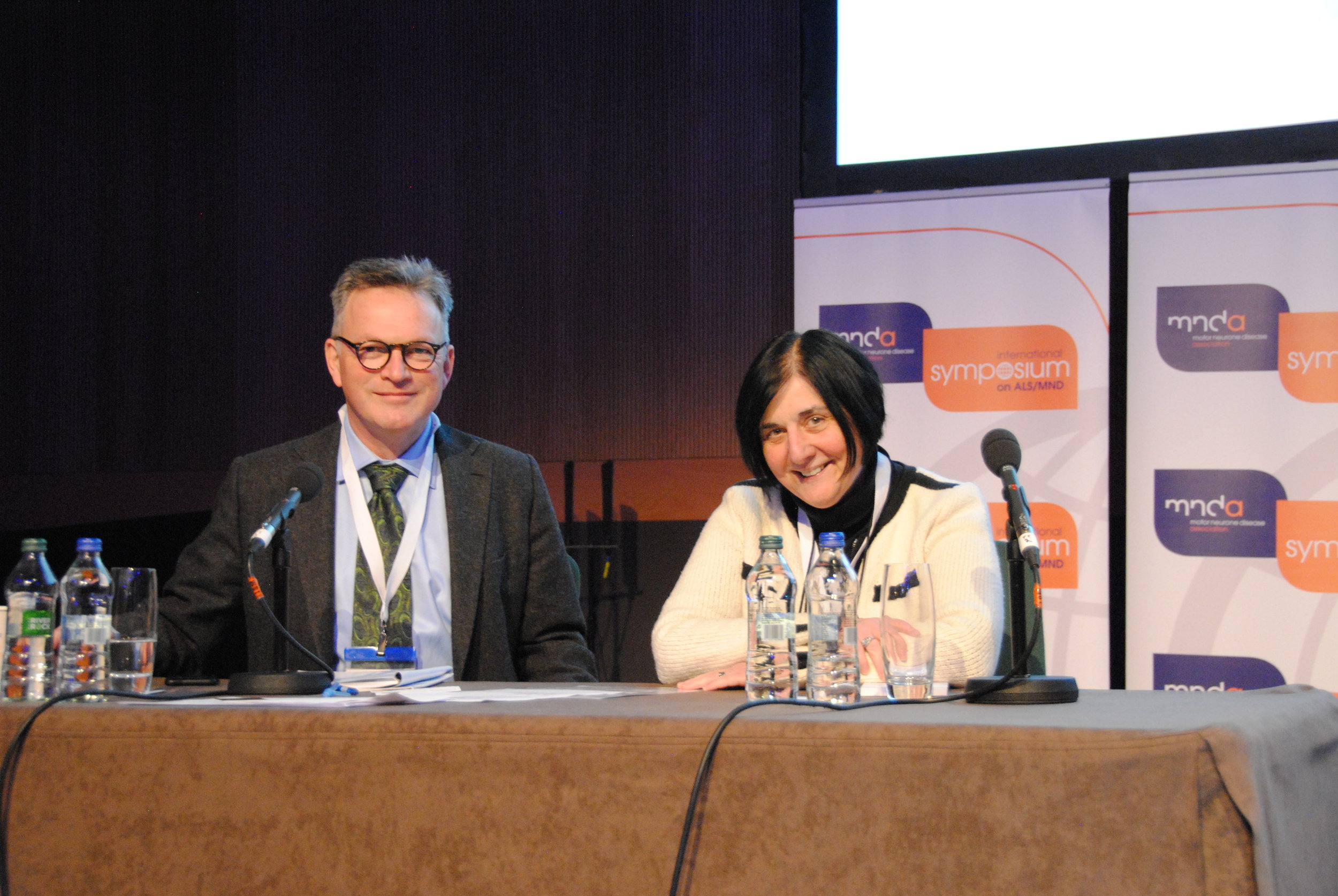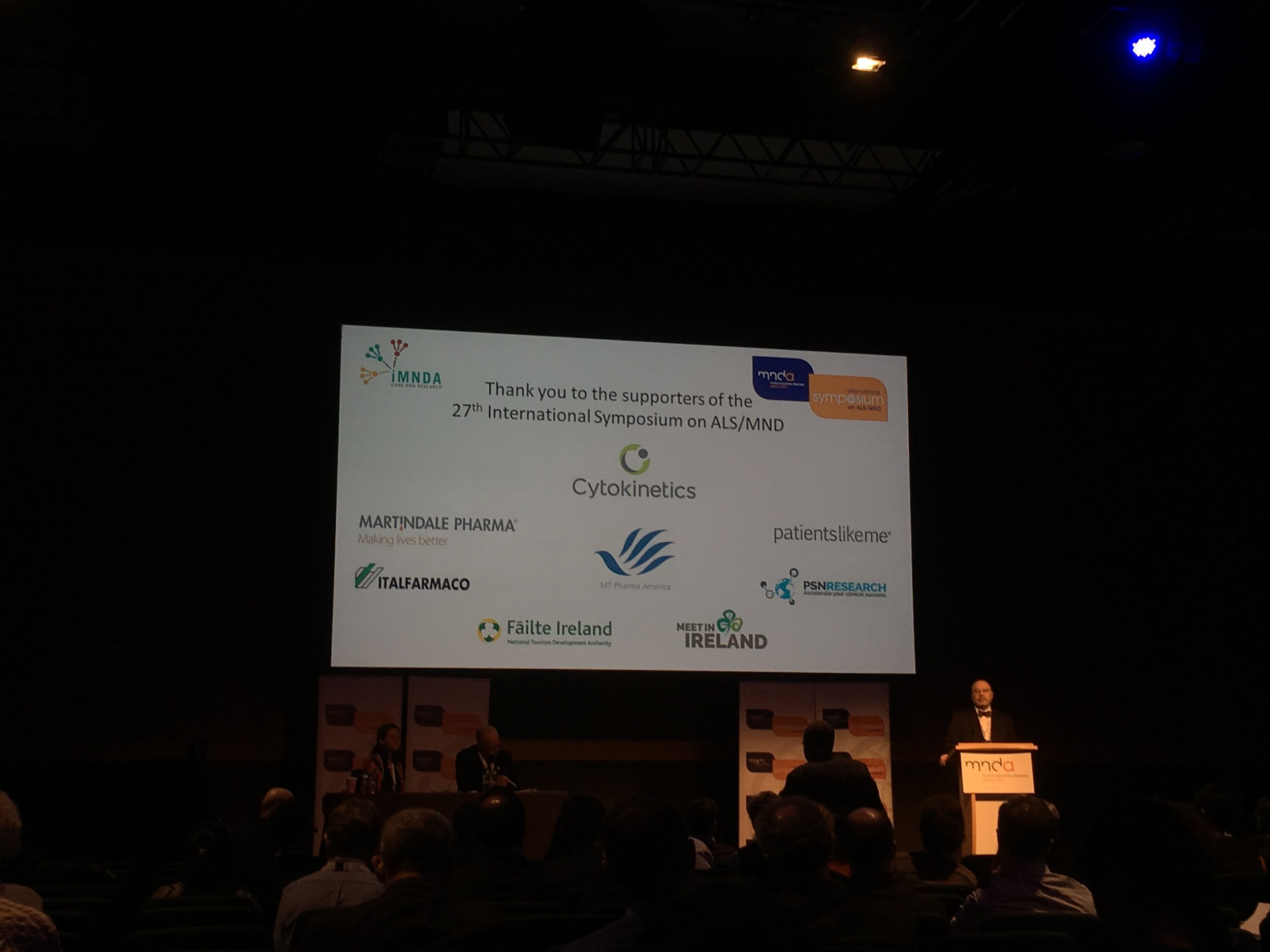MDA/ALS Educational Seminar
/The Muscular Dystrophy Association (MDA) and ALS Hope Foundation were pleased to offer a seminar on topics related to ALS on Saturday, July 15, 2017 at Temple University Hospital’s Erny Auditorium. The day was divided into five sessions related to varying aspects of ALS care and several members of the MDA/ALS Center of Hope Team presented.
Ken Slavik, Family Support and Clinical Care Coordinator for the Eastern PA/Delaware MDA, was the moderator for the day. The first speaker, Sara Feldman, PT, DPT, ATP, discussed assistive technology as a way to maintain independence. She reviewed the many types of mobility devices available and when each might be appropriate.
Kelli Smith, RN, presented valuable information about nutrition and ALS including the best foods to prevent choking and how to conserve energy for mealtimes. She also provided smoothie recipes and online resources to help make dietary adjustments a little easier. The video on PEG tubes cleared up some misconceptions about making the decision to transition to a feeding tube. This video and other educational videos can be found on our YouTube channel.
The afternoon session started with Dr. Terry Heiman-Patterson providing an update on ALS research. She discussed the importance of gene discovery in ALS, mentioning more than 30 have been identified since 1993 and additional genes continue to be identified. This is a critical tool in the fight against ALS. She also discussed biomarkers as a way to measure the progression of the disease and some of the challenges in conducting clinical trials including delayed diagnosis, genetic heterogeneity, multiple targets and enrollment and retention. One of the most interesting portions of the presentation was on stem cell research. Dr. Heiman-Patterson encouraged the audience to ask questions and to stay informed about the newest developments in ALS research.
Dan Mergner, RT was the next presenter and chose to delve into the use of the word inspire in both the respiratory and psychological sense. He fielded questions and encouraged participants to contact him at any time if they could use assistance navigating respiratory care.
Nancy Briggs, family therapist, was the final speaker of the day. She discussed the ways in which families cope when a loved one is diagnosed with ALS. Caregivers should not overlook their own mental health; small adjustments can help maintain a healthy relationship. She suggested taking breaks as short as 10 minutes, laughing, and not being afraid to say “no”. Preserving familial relationships is key and while it is a challenging, it can be an opportunity to strengthen those relationships that may have fallen to the wayside.
The ALS Hope Foundation thanks everyone who was able to make it out to the event and thanks those who followed our live Twitter and Instagram feeds. We are grateful to this dedicated community for striving to be as involved and educated as possible. We are also thankful to the MDA for hosting this event. As most of our speakers mentioned, collaboration and education are key to providing care and a cure for ALS!
